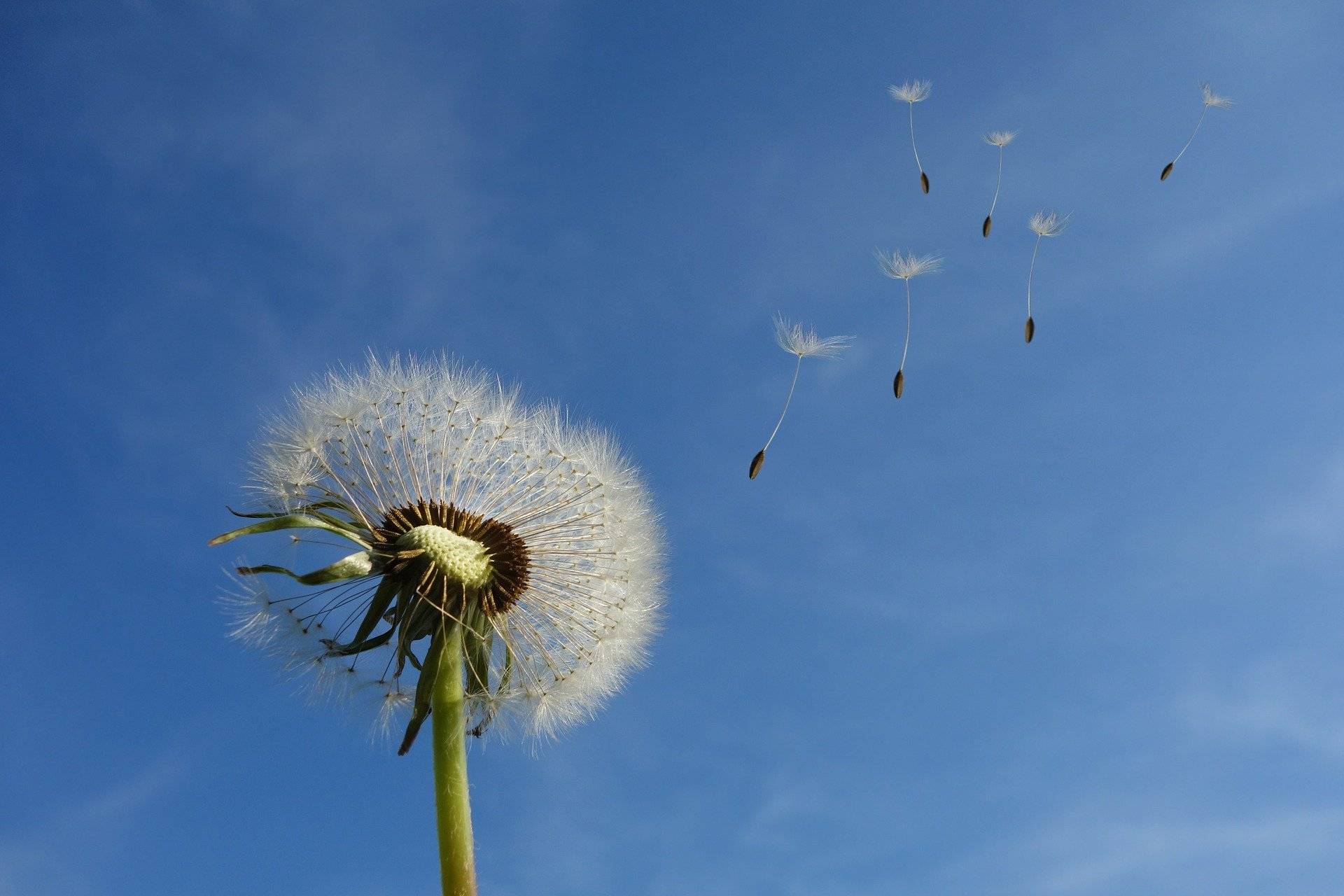Mindfulness
What is mindfulness?

Mindfulness is the basic human ability to be fully present in the moment and calming the mind despite what’s going on around us. A concept with many meanings and interpretations, often viewed as non-judgmental awareness to the present moment.
With mindfulness, happiness is found in accepting the moment as it presents itself. By being aware of what’s happening in the "now," you are able to shift out of “autopilot” and see the world around you.
Benefits of Practicing Mindfulness
- Can reduce stress, anxiety, and depressive symptoms.
- Improves memory and concentration which can be beneficial for academic performance and success.
- Helps in overall health and well-being by improving sleep quality, lowering blood pressure and reducing chronic pain.
- Enhances self-awareness that helps you to develop strong understanding about yourself and grow stronger emotionally.
Practicing Mindfulness
Here are a few ways in which you can practice mindfulness:
- Enjoy a stroll and notice the sights around you, try connecting with nature. (examples - smelling flowers, listening to birds, feeling your feet hit the ground)
- Practice deep breathing if it feels good to do so. Focusing on your breath - slowly inhaling and exhaling air.
- Try mindful eating by being aware of each bite and recognizing when you are full. Allowing yourself to become aware of the positive and nurturing opportunities that are available through food selection by respecting your own inner wisdom.
- Mindful coloring. Take time to be creative, look at the way the color meets the page, and enjoy the process.
- Practicing Gratitude. There is no correct way of practicing gratitude, but keeping a gratitude journal is a great way to start.
Additional Resources
- Koru Mindfulness Guided Meditations
- GVSU's 1-credit mindfulness class: IDS 105 - Mindfulness as a College-Success Tool
Mindfulness can be practiced anywhere and anytime by anyone.
